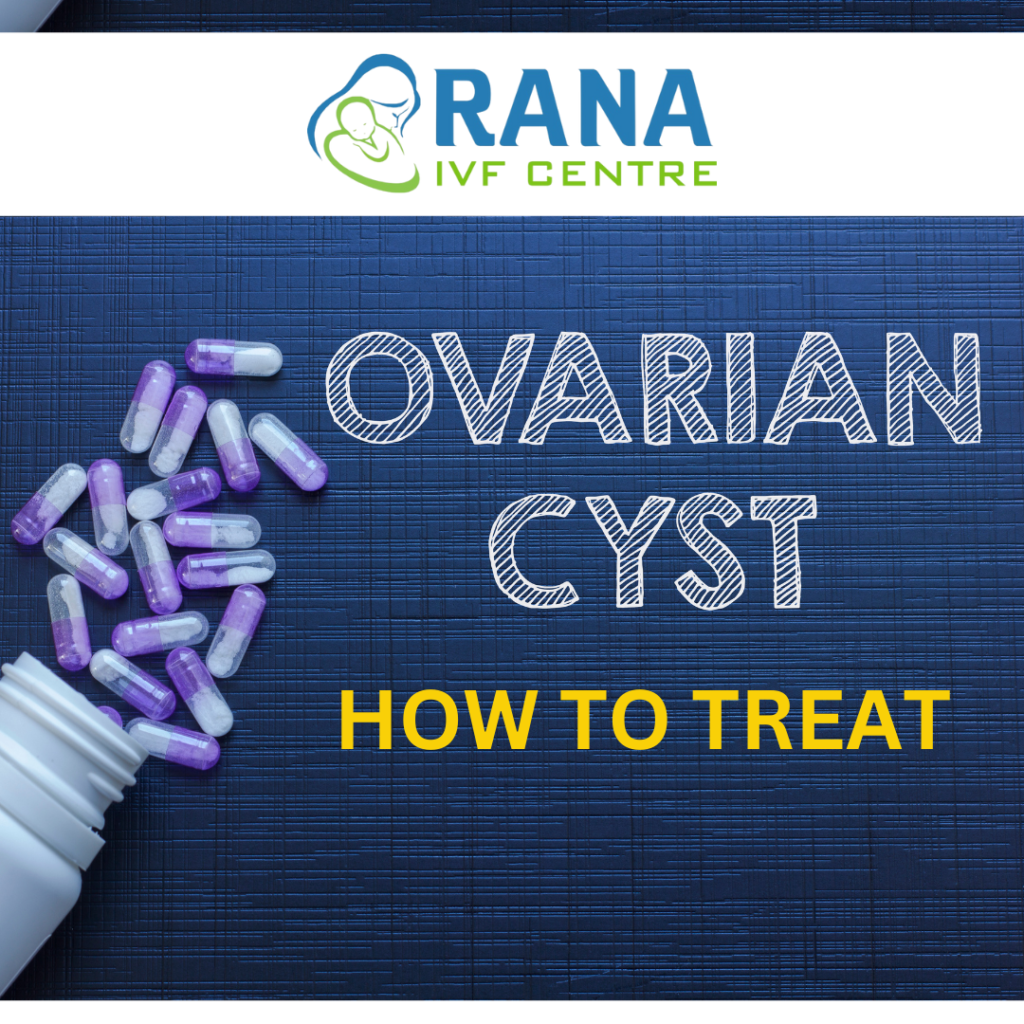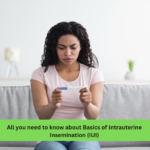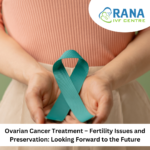How To Treat Ovarian Cysts?
Numerous gynaecological problems exist. Ovarian cysts are one of the multiple conditions. Ovarian cysts include semisolid materials that grow inside the ovary. The symptoms of ovarian cysts often resolve on their own, without the need for medical intervention.
On the other hand, you should probably see a doctor if the cysts are causing any problems throughout your pregnancy. When infertility is a concern—for example, if you have ovarian cysts and have tried to conceive without success—the best it’s to talk to your IVF specialists as soon as possible.

Which cysts specifically cause infertility?
Ovarian cysts, or ovarian fibroids, commonly form during a woman’s monthly menstrual cycle. Polycystic ovary syndrome (PCOS) is a potential cause of infertility due to ovarian cysts. Endometriomas, a different type of ovarian cyst brought on by endometriosis, can also impact fertility.
Possible Ovarian Cyst Symptoms
- A numbing pain
- Swelling
- Dyspareunia
- The Pain in the Pelvis
- Acute Fever Pain
- Vomiting
- Skin that feels stiff and clammy
- Breathing rapidly
- Period pains
- Lightheadedness
- Abdominal heaviness
Possible Origins of Ovarian Cysts
- Endometriosis
- Pelvic infections
- Uncontrolled cell division
Ovarian Cyst: What to Foresee?
- No discomfort
- Indications of Mild Discomfort
- Extreme or constant discomfort
- Frequent pain
Potential Causes of Ovarian Cyst
- Issues arising during pregnancy
- Issues with hormones
- Endometriosis
- Severe pelvic infection
- Ovarian cancer
Ovarian cysts are almost always avoidable. That’s why it’s essential to get an early diagnosis if you can. Changes to your menstrual cycle that last more than a few months should prompt a trip to the doctor.
Ovarian Cyst Diagnosis & Treatment
The following tests will be recommended by your doctor to help with the diagnosis and to define the type of ovarian cysts you have:
- Pregnancy test
- CA 125 blood test
- Pelvic ultrasound
- Laparoscopy
Your IVF specialists will begin therapy with methods like these when a correct diagnosis has been made, considering your age, symptoms, and the underlying reason for the cyst.
- Constant vigilance and anticipation
- Medications
- Surgery
According to a few medical studies, taking a birth control pill may help lower your risk of developing a cyst. If your doctor suspects that your cyst contains cancer cells, they will send you to a gynaecologic oncologist for further evaluation and possible treatment. It would help if you didn’t worry because ovarian cysts are entirely safe; instead, follow your doctor’s orders for the most effective therapy.





No Comments